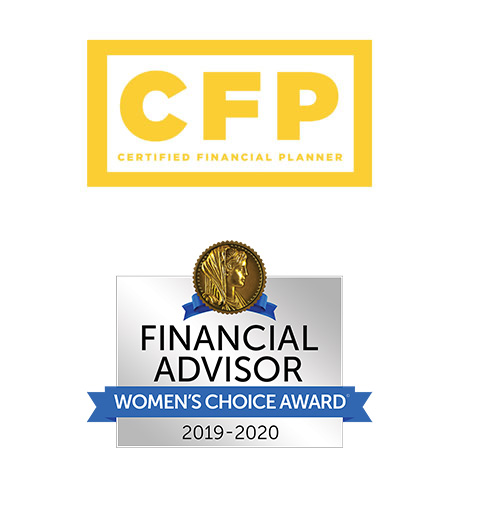What if you could prioritize your own quality of life and plan to leave behind a legacy for the next generation?
From our experience serving working families, most would like to leave a financial legacy for their children or grandchildren if it does not sacrifice their own quality of life in retirement. We can show you how to plan for both.
Here are some things to think about as you plan for you and your family’s future:
First Things First! Build a Solid Retirement Financial Plan for Yourself
You need to make sure that the future you envision for yourself and your spouse is secured. Our PROTECTED FUTURES™ plan will give you a written plan, personalized coaching and the confidence that you have taken the steps to protect your future. You will have a plan for social security, pensions, investing and minimizing tax obligations. You will also have a monthly/annual income projection that you can utilize to make decisions regarding your life in retirement. Once you know what to expect and that your personal quality of life is protected, you can take action to plan for additional financial resources that may pass to your estate.
Planning for a Legacy
A goal of our Protected Futures™ plan is to return your principal, the amount you started with, at the end of your planned retirement. We generally plan for 25 to 30 years of retirement income but if you live beyond your life expectancy, we want you to have money with which to live. If you do not live passed this time period, that money will become a sizable legacy to pass on your children or grandchildren.
Since our plan creates the opportunity for you to pass on a sizable estate, we wanted to share some best practices on family and multigenerational wealth planning:
Multigenerational Wealth Planning – Best Practices
Define Your Core Values
People who reflect on their personal values before making decisions of any kind, including financial decisions, often make better decisions that they feel more confident about.
- There are big emotions associated with planning how to distribute your estate—guilt, sentiment, fear, expectation… just to name a few. As Behavioral Financial Advisors™ we are trained to help you make decisions from an optimal emotional state. Living in alignment means making decisions that align with your goals and values (e.g. Not gifting your granddaughter a new convertible, when you’ve identified that you value education and could help her pay for a University degree instead).
- Take some time and reflect. Think it through and be willing to set realistic expectations and guidance.
- Need help defining your values? Check out this free tool by Think2Perform®.
Create an Estate Plan
Your estate plan and your financial plan should be in alignment. If you have not done so already you should think through your estate planning needs. This means thinking about:
- To whom would you like your money to go to when the time comes?
- When and how would you like your beneficiaries to receive this money?
- Do you feel your beneficiaries are responsible and capable of handling this money?
If these answers are simple and straightforward, and you believe your beneficiaries are responsible then properly titled beneficiaries on your accounts may be enough for your estate plan. If you have young children or grandchildren or those that are not quite ready for the responsibility of handling large sums of money you may want to consider a formal estate plan that includes a trust. This would give you some control as to when and how your beneficiaries receive access to the money, this protects them and the money from poor decisions. We can help you to identify the extent of your estate planning needs and connect you with a estate planning professionals that can share their expertise and help you to create your estate plan and the documents that go with it.
Host a Family Meeting
A family meeting can be as formal or as informal as you would like. You do not have to discuss amounts, just the overall strategy and structure you would like to have implemented to ensure your heirs are prepared. As an added resource, we often join these meetings at your request to give a face-to-face introduction and relationship to which your family can access information when the time comes. By taking the time to talk about this now, you can avoid any misunderstandings about your expectations and discuss concerns. Use this as an additional opportunity to impart wisdom on lesson’s you have learned financially, and the rationale behind your values and financial philosophy.
If we can be of a resource to you or your family during this process, please let us know. We offer a variety of personal finance classes for younger generations and are always open to discuss any questions or concerns.
Securities America and its representatives do not provide tax or legal advice; therefore it is important to coordinate with your tax or legal advisor regarding your specific situation.


